Keep the Tail Wagging is supported by pet parents. I occasionally earn a commission (at no additional cost to you) when you click through an affiliate link to one of my favorite products. Thank you for your support. Read More
I saw a graphic on Instagram the other day that questioned the benefits of coconut oil. This excited me because MCT and coconut oil are a daily part of life, as well as my life with dogs. This graphic inspired me to dive deeper into the benefits of coconut oil for new information because I want to do my best for my dogs.
What is Coconut Oil?
Coconut oil is a type of vegetable oil extracted from the meat of mature coconuts found on coconut palm trees. It has been widely used in cooking and cosmetics due to its many benefits. This oil is rich in medium-chain fatty acids that are easily absorbed by the body and converted into energy. It also contains lauric acid, a type of saturated fat that has been shown to have antimicrobial properties.
In addition to its health benefits, coconut oil is known for its moisturizing effects on the skin and hair. It is a versatile oil pet parents use to repel/kill biting insects, as a natural toothpaste for their dogs, and to soothe dry and cracked paw pads.
Does Coconut Oil Increase Inflammation?
Coconut oil is made up of about 92% saturated fats, fats that have been linked to inflammation. However, coconut oil is an exception. Animal studies have proven coconut oil's anti-inflammatory benefits. A study in India found that the antioxidants in virgin coconut oil reduced inflammation and alleviated arthritis symptoms more than traditional medications.
In an interview with Arthritis.org, Dr. Christine McKinney references 2014 and 2015 studies that “have suggested it has anti-inflammatory properties. Unlike other saturated fats, coconut oil is made mostly of medium-chain fatty acids, and your body processes those differently.”
And in an interview with RealSimple.com, nutrition expert Dr. Susan Hewlings stated, “virgin Coconut Oil (VCO) is a rich source of phenolic compounds, such as caffeic acid, ferulic acid, and more. Because these polyphenols have antioxidant properties, they can help offset oxidative free radicals, which can lead to inflammation.”
Does Coconut Oil Lead to Fatty Liver Disease?
Fatty liver disease is when excess fat accumulates in the liver, leading to inflammation and damage. Various factors, including aging, obesity, toxins, infection, or trauma, can cause this condition; but coconut oil doesn't lead to fatty liver disease. Treatment options for fatty liver disease include lifestyle changes such as losing weight, exercising regularly, and avoiding heavy medication.
Developing fatty liver disease is more complicated than consuming too much fat. The more carbohydrates dogs consume, the more fat the liver and adipose tissue make from the excess carbs. Medium-chain fatty acid molecules go into the portal vein and are transported into the liver like carbohydrates go to the liver. However, the MCFA supply energy and are not stored in the liver as fats.
Does Coconut Oil Lead to Leaky Gut?
Leaky gut refers to a condition where the lining of the intestines becomes damaged, allowing undigested food particles, toxins, and bacteria to escape into the bloodstream. This can trigger an immune response, leading to inflammation and other symptoms such as bloating, diarrhea, fatigue, and skin issues. Causes of leaky gut can include a poor diet, stress, medication use, and chronic health conditions. Treatment typically involves addressing the underlying cause and making dietary and lifestyle changes to support gut health.
Coconut can aid in healing leaky gut; not lead to leaky gut. The medium-chain triglycerides in virgin coconut oil have anti-fungal and anti-microbial properties that help inhibit candida growth and restore the balance of gut bacteria while supporting healthy digestion and nutrient absorption.
Does Coconut Oil Cause Digestive Upset?
When we learn about the benefits of coconut oil, it's tempting to add a large spoonful to their meals. But it's important to go slowly with this healthy fat. Feeding too much coconut oil can lead to digestive upset, loose stool, and diarrhea. Start with a small amount and slowly build to the appropriate dosage.
This would be one teaspoon (5g) per 10 pounds (4.5kg) of body weight for dogs. With large dogs, this can amount to a lot of coconut oil. MCT oil is more concentrated and requires a smaller dosage for our dogs to gain the same benefits.
Is Lauric Acid in Coconut Oil Metabolised Like in MCT Oil?
I'm unsure how coconut oil and MCT oil compare when looking at how each is metabolized in the body. I learned that “coconut oil is rapidly metabolized because it is easily absorbed and lauric acid is easily transported. Detailed studies have shown that the majority of ingested lauric acid is transported directly to the liver where it is directly converted to energy and other metabolites rather than being stored as fat.” Source: Food & Agriculture Organization of the United Nations.
Some people believe lauric acid acts the same as long-chain fatty acids, but my research has shown that this isn't true.
Will Coconut Oil Lead to Weight Gain?
Yes, if you feed a ton of coconut oil, it can lead to weight gain. This shouldn't be a surprise as this is the case with many foods – overconsumption without the corresponding exercise to burn excess calories leads to weight gain.
Because coconut oil is a common food in the keto diet, people may think that adding it to their dog's meals will spark weight loss.
A 2018 study found that adding coconut oil to the diet doesn't impact the body mass index (BMI). Participants were given 50 grams of coconut oil daily; according to the Mayo Clinic, adults eating a 2,000-daily diet can safely consume 44-78 grams of fat daily. The results found “no significant differences in changes in weight, BMI, central adiposity, fasting blood glucose, systolic or diastolic blood pressure among any of the three intervention groups.”
Does it Take Longer to Break Down Coconut Oil?
I believe this myth stems from the belief that the lauric acid in coconut oil is a long-chain fatty acid. It is not. According to Science Direct, “coconut oil contains medium-chain triglycerides, which are much easier for the body to absorb, break down, and transport.”
Learn More About Coconut Oil
My eyes were opened to the benefits of coconut oil when I attended a conference in 2018 where the owners of CocoTherapy, Charisa and Carmina Figueora, educated a large audience of dog lovers about this natural supplement. CocoTherapy coconut oil and MCT oil have been regular products in our pantry since that experience.
- 13 Amazing Benefits of Virgin Coconut Oil for Dogs
- 22 Uses of Coconut Oil by Dog Moms
- Coconut Oil for Dogs: Research Says it’s FANTASTIC!
- Coconut Oil Dosage for Dogs
- Organic No Bake Dog Treat Recipe with Coconut Oil
There is a lot of misinformation about coconut oil by people who don't understand the benefits of this amazing product. Some of the information is due to a misunderstanding about the characteristics of medium-chain triglycerides, which is understanding. There is a lot of contradictory information about the benefits of coconut oil. This is why I prefer to turn to the experts – women who have devoted their lives to producing the best quality product on the market.
I've seen the benefits of coconut oil with my dogs, and I've experienced the benefits myself.
The next time you see someone posting a list of myths disguised as facts to prove that coconut oil isn't good for dogs, run it by Charisa and Carmina of CocoTherapy. They would be happy to dispel the myths and provide accurate and current scientific studies to support what they share.
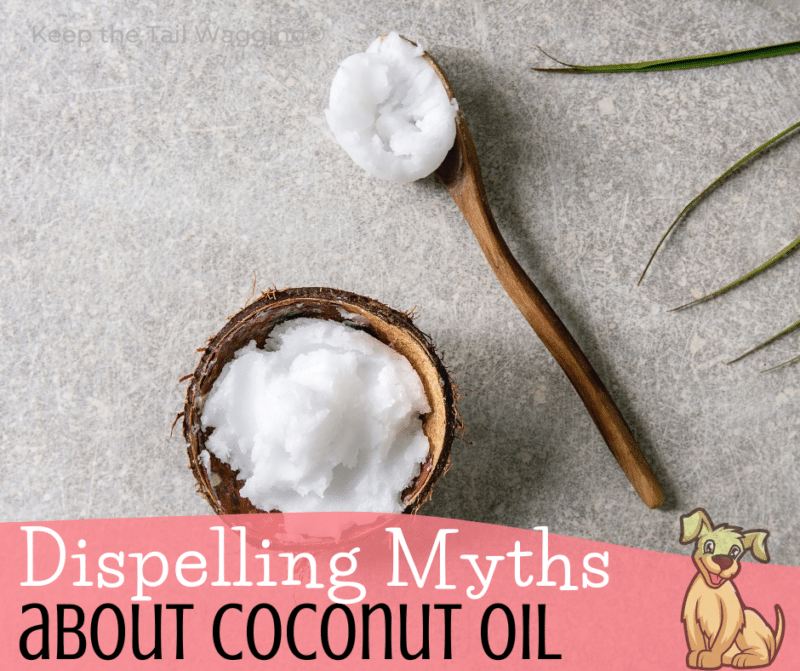





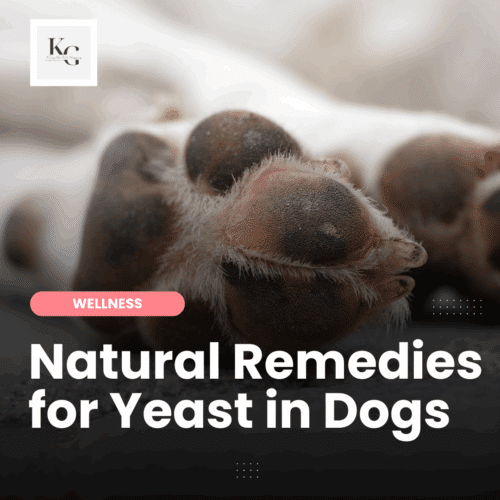
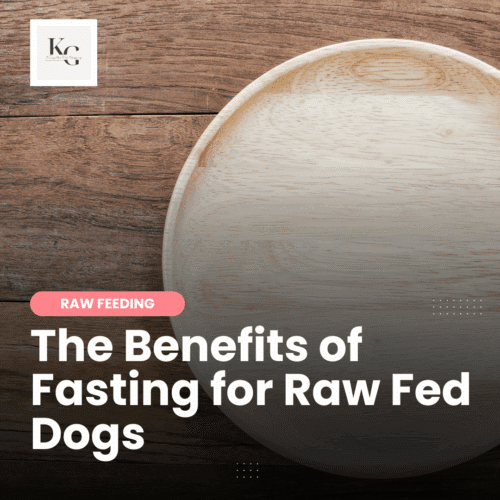
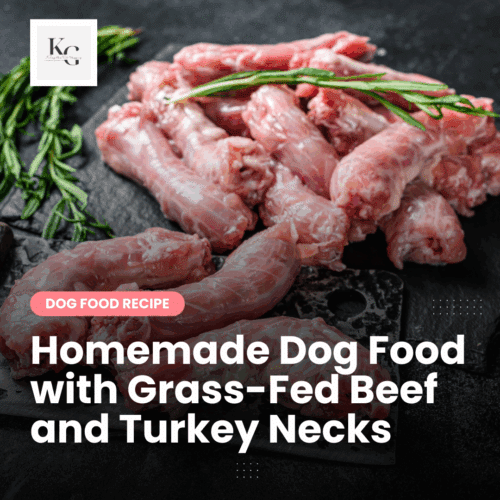
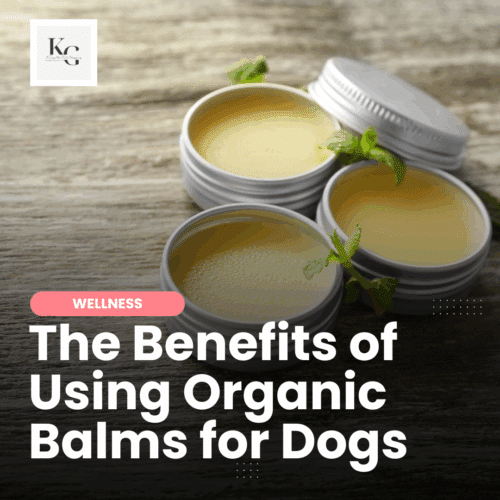

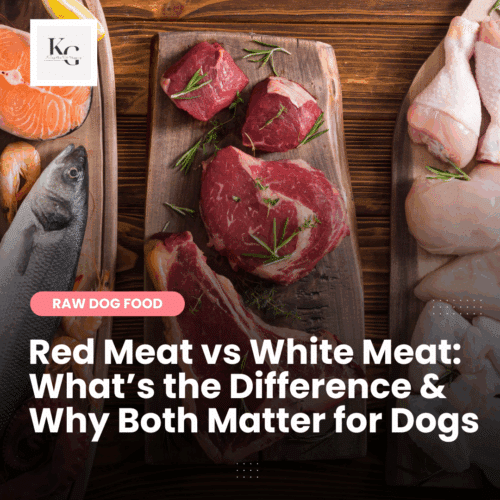
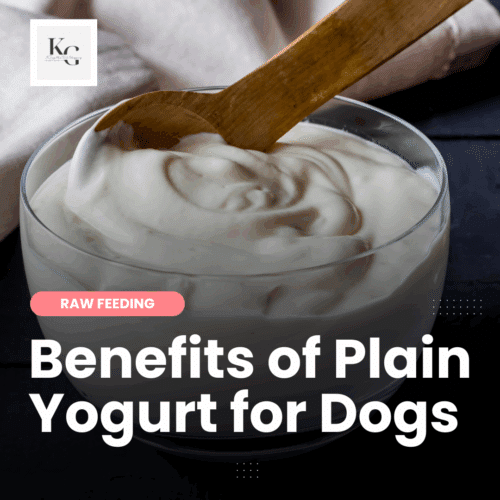


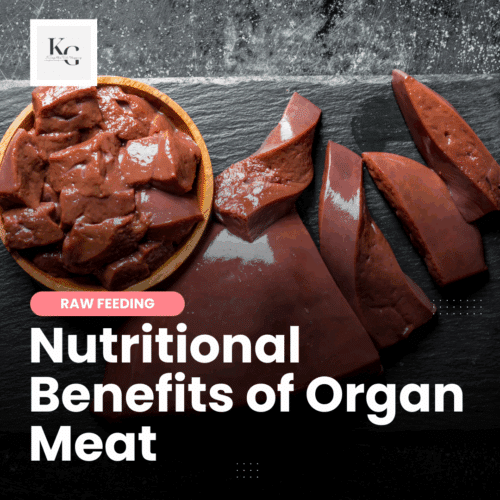


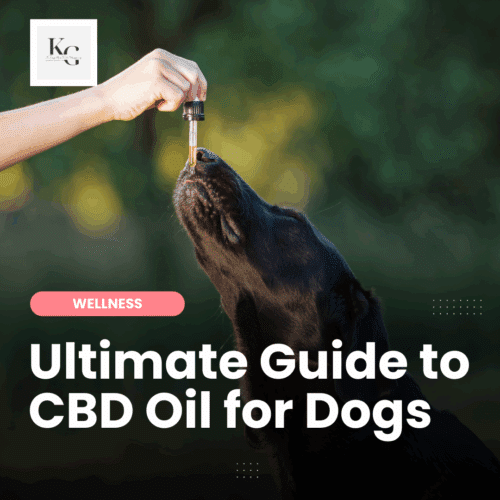
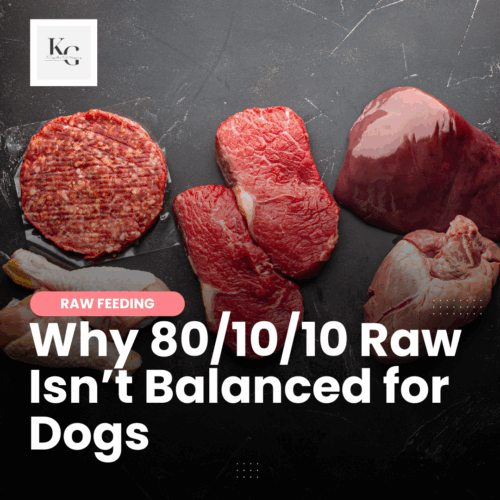
I use coconut oil in my homemade dog toothpaste (Dr. Becker recipe), and love Coco Therapies treats.
Hi Kimberley,
An interesting read. I had never considered giving coconut oil to my dogs. We use it in our cooking, partly because it tastes great and partly due to the MCT benefits to aid digestion. I’ll have to see what my dogs think of it 😉
FYI a few of the images on this page are not showing fully – just the Alt text.
Best wishes
Duncan